Looking After Your Home
We are responsible for giving you a safe home to live in. You are responsible for keeping your home, anyone living with you, and your possessions safe.
Looking after your home means making sure that you live in a healthy and warm living environment where air can circulate freely, that your gas, heating and electrical systems are running safely and efficiently, and that your home is safe from fire.
How to keep your home safe from fire
How to reduce the risk of Legionella in your home
How you avoid burst pipes and stay safe and warm in winter
How to keep doors and stairs safe in a block of flats
How to use electrical appliances safely
What you do if your power goes off
Did you not find what you were looking for?
Contents Insurance
Almond Housing Association does not provide contents insurance.
It is the responsibility of the tenant to arrange insurance for the contents of their home. Almond HA is not in a position to advise on Contents Insurance however the weblinks below provide up-to-date policy information.
Preventing Fire
It’s important that you know how to reduce the chances of a fire starting in your home and keep yourself, your family and your property safe from fire.
SMOKE DETECTORS. Your home has one or more smoke detectors and a carbon monoxide detector (if you have gas). We will check these detectors once a year and replace them if needed. To keep everyone in your home safe please do not disconnect, remove or paint over a detector.
You should test the detectors regularly – we can show you how. If a detector ‘bleeps’ between annual checks, it might need a new battery. You are responsible for replacing batteries between annual checks. If you have a registered disability or are a senior citizen and do not have anyone to help you, we will do this for you.
STAY SAFE. Most fires in the home start accidentally and the effects can be devastating. Cut down the chance of fire, especially before going to bed or going out, by:
- Putting out cigarettes or candles.
- Using proper candle holders.
- Not leaving candles lit when the room is empty, and never putting candles on top of electrical items such as a TV or hi-fi system.
- Switching off electrical appliances.
- Closing all doors.
- Not drying clothes over heaters.
- Never filling a chip pan more then 1/3 full of fat, watching it when cooking and taking it off the heat when you are finished.
FLAMMABLE ITEMS. You must not use or store flammable or dangerous liquids such as oil-fired, paraffin or bottled gas heaters in your home, garden or common areas in a block of flats. This is also to prevent the condensation problems these heaters cause. Do not keep flammable items in a cupboard with a gas boiler.
IF A FIRE STARTS. If there is a fire inside your home, get out, stay out and call 999 – don’t try to tackle the fire yourself.
- Close the door of the room the fire is in
- Get everyone out of the house
- Call 999
For more on how to keep your home safe from fire, see the advice from The Scottish Fire and Rescue Service.
Legionella
Legionella is bacteria commonly found in natural water courses such as rivers and ponds. Legionella bacteria are widespread in the environment and may contaminate and grow in other water systems such as hot and cold water services. Legionella bacteria can cause a form of pneumonia called Legionnaires’ disease, as well as other less serious illnesses.
LEGIONNAIRE'S DISEASE. This can be caused by breathing in air containing the bacteria. These aerosols can be formed from fine droplets produced by running a tap or shower, or flushing a toilet. You can’t get Legionnaires’ disease from drinking water and it can’t be passed from one person to another.
SYMTOMS: Everyone is potentially vulnerable to infection but some people are at higher risk. Those at higher risk include smokers and heavy drinkers, and people over 45 years of age, suffering from chronic respiratory or kidney disease or a weakened immune system. The symptoms are similar to those of flu, i.e. high temperature, fever and chills, cough, muscle pains and headache. In severe cases, there may also be pneumonia and, occasionally, diarrhoea, as well as signs of mental confusion.
If you suspect that you or someone in your home has contracted Legionnaires’ disease, you should contact your doctor as soon as possible. If your GP diagnoses Legionnaires’ disease, contact us immediately.
REDUCE THE RISK OF LEGIONELLA IN YOUR HOME. The likelihood of legionella in your home is very low. Most households don’t store too much water and they use water regularly so it’s not standing still in pipes and tanks. To prevent the bacteria growing, you should:
- Keep your hot water cylinder thermostat set at 60°C as water at this temperature will kill any legionella bacteria.
- Keep all shower heads and hoses free from a build-up of mould or algae growth by cleaning it every three months.
- Clean the taps in your bath, basin and sink regularly, including any spray inserts.
- If you go on holiday or leave your property for a week or more, when you come back, flush toilets (with the lid down) and run all taps and showers continuously for approximately two minutes to flush out any bacteria.
- Run garden hoses for one minute before you use them.
- Keep water butts clean and don’t use them to supply a pumped device.
- Report any deposits such as rust or any unusual matter flowing from your taps.
Let us know if the hot water is not heating properly or if there are any other problems with your system.
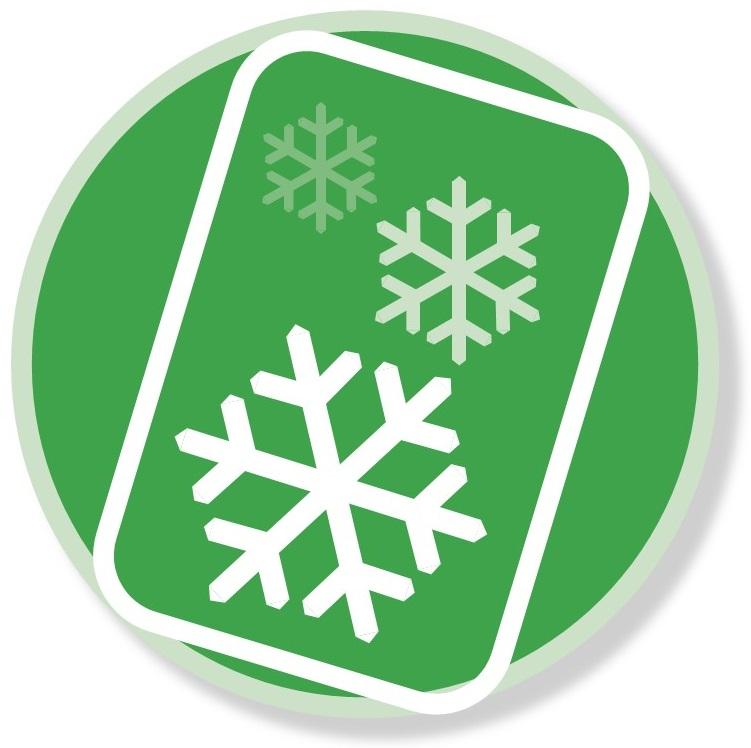 Winter Protection
Winter Protection
When the temperature drops most of us will be spending a lot of time indoors, and in these winter months it’s important to make sure that your home is safe and warm.
AVOID BURST PIPES. Here are a few simple steps that will help reduce the risks of burst pipes in very cold weather.
- Make sure that you know where your water supply stop valve is so you can turn the water off in an emergency – if you’re not sure, please ask us to show you.
- Check the valve – turn it slightly – to make sure it is not jammed.
- Keep your heating to at least 10 degrees and let air circulate round your home. In some homes the heating automatically comes on if the temperature gets very low.
- If you go away for a few days, turn the water supply off. If you are going away for several weeks, tell us – we can take action to help stop burst pipes.
IF YOU HAVE A BURST PIPE...
- Turn off the water supply and turn on all taps to drain the water from your main tank.
- Switch off the electricity supply at the meter in case water comes into contact with electrical switches or sockets – make sure you have a working torch handy.
- If you are in a first floor flat or above, check with your neighbour below if any water has gone down to their flat.
- Contact our office on 01506 439291, or the emergency number 0141 225 2842.
STAY SAFE AND WARM. In low temperatures make sure that your home is safe and warm. See our best winter tips for your home.
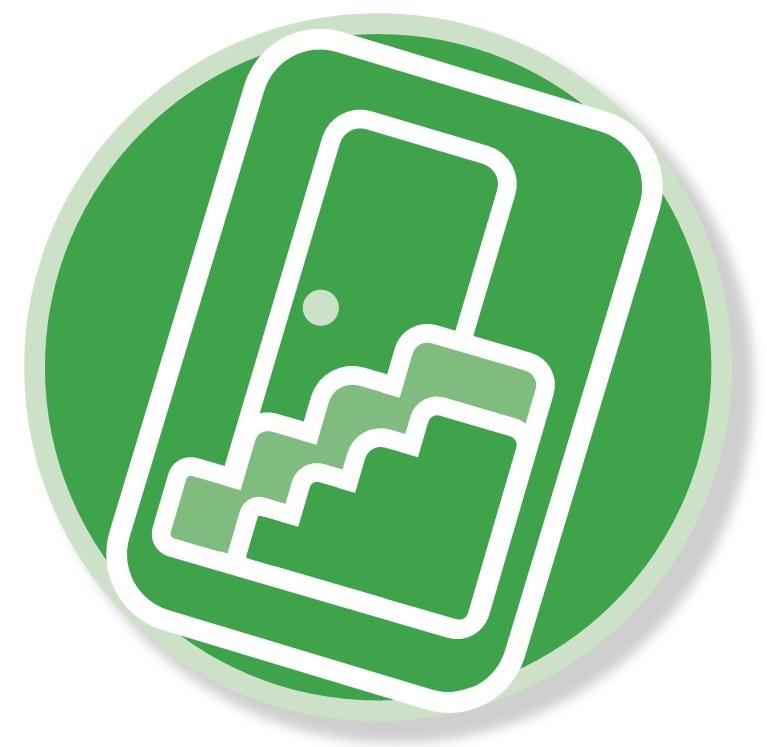 Safety in a Block of Flats
Safety in a Block of Flats
Many of our tenants live in blocks of flats. For everyone's safety, the door entry system must be respected, and stairs and landings must be kept clear.
DOOR ENTRY SYSTEMS. If you live in a flat, you will have a door entry system you can control to let visitors in the main door. Please do not wedge open the main door or allow anyone else to do so – this will damage the entry system, which is there for your security.
Report any faults in the door entry system as soon as you come across them.
STAIRS AND LANDINGS. Stair and landing rails are there for everyone’s safety. Do not damage them.
For everyone’s safety do not put bulky items such as bicycles, furniture or rubbish bags on landings. In the event of a fire they could help spread the flames or, more seriously, stop you escaping from your home.
Please note that if you do not clear a landing when asked, we will do so and charge you the costs.
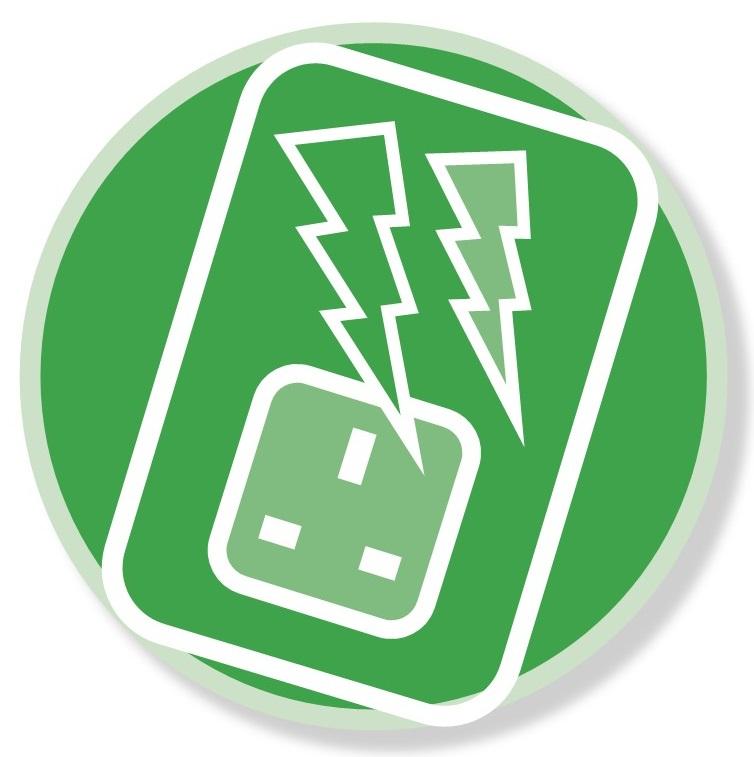 Electrical Safety
Electrical Safety
Electricity can be very dangerous, and electrical appliances should be switched off when not in use.
For your safety...
- Unplug anything you are not using.
- Never touch any bare electrical wires.
- Never touch anything electrical with wet hands or if it is wet.
- Do not overload sockets – use a multi-plug extension rather than an adaptor.
- Never run an electrical item from a light fitting.
- Check that flexes are not damaged and replace any that are.
- Disconnect the electrical supply to any faulty item.
No power? What to do...
If you run out of power, the first thing you need to do is to check your meter. If there are no credits on the meter, you will have to buy more in order for the power to turn back on. Scroll for more information.
If you do have credit on your meter, or you do not have this kind of meter, check your electrical fuse box. If there is a fault, this is automatically ‘tripped’ to switch off the supply. If this happens:
- Switch everything off: lights, plugs, cooker, water heater etc.
- Reset the circuit breaker from off to on.
- Switch the lights on one at a time.
- Switch the plugs on one at a time.
- Switch on the water heater and wait five minutes.
- Switch on the cooker and wait five minutes.
If a light or an electrical item is faulty the power will go off again when this item is switched on. Switch the item off, reset the circuit breaker again, leave the item off then switch on any items you have not already tried to check they are not faulty.
If the fault is caused by one of your own electrical items – the kettle, cooker or TV – you will have to get this repaired by a qualified electrician, or replaced. If the fault is a light or the water heater, leave the item switched off, and report the fault to us so we can fix it. Do not use the faulty item again until it has been repaired.
If you report an electrical fault and our contractor finds the cause is one of your appliances and you have not checked everything before calling us, you will be charged the costs of the contractor’s time.
If you have any questions about electricity in your home, do not hesitate to get in touch with us.
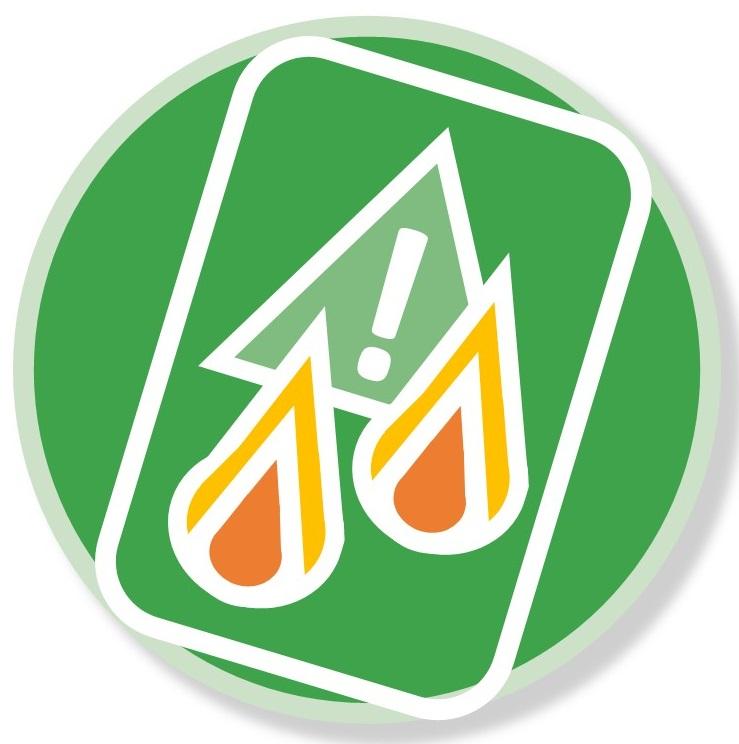 Gas Safety
Gas Safety
Gas is very dangerous, and you are the one using the gas supply. This means that you are responsible for protecting yourself, your home and anyone living with you.
If you smell gas
- Do not use any electrical suppliances, including switches, door bell, phone or mobile phone
- Do not smoke or light a flame.
- Open doors and windows to get rid of gas.
- Turn off the gas supply at the meter.
- Turn off any pilot light.
- In case of an emergency, call Transco on 0800 111 999, using a phone outside of your home.
You must make sure that you
- Allow our contractor access for the annual safety check. If you do not give accces, we may have to force entry.
- Only allow someone who is a 'gas safe' registered engineer to work on your gas supply or appliances – such as your boiler or any gas fire.
- Apply for our written permission before installing a gas cooker or fire.
- Make sure all your gas appliances are safe.
If you have any questions about gas in your home, do not hesitate to get in touch.
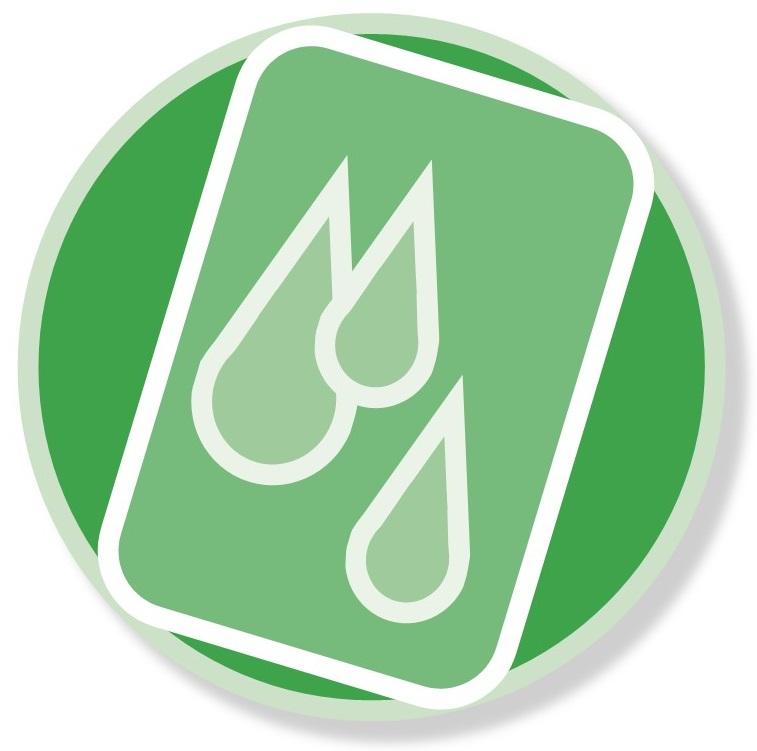 Condensation
Condensation
Condensation can happen when your home does not get enough heating or fresh air.
If your home is not getting enough heating or fresh air, the air can become moist and this appears as ‘condensation’ on walls or windows. In severe cases it will cause dampness on walls and mould on walls or clothes.
To help prevent condensation
- Use your heating system properly.
- Open any window vents you have.
- Use the extractor fan to get rid of steam.
- Dry clothes outside whenever possible, or use a tumble dryer with an outside vent or a condenser.
- Make sure cupboards and wardrobes are not over-filled, so air can circulate.
- Keep kitchen and bathroom doors closed to stop steam spreading through the house.
If you have any questions about condensation, do not hesitate to get in touch. You can also download a copy of our top tips on drying clothes inside.
Asbestos
If you have asbestos in your home, it's not dangerous unless it becomes damaged or disturbed. Asbestos in good condition is not a hazard.
What is asbestos?
Asbestos is not used in construction today but was used as a building material from the 1950s until 1999, so any building constructed or refurbished before 2000 could contain it.
What to do if you think there's asbestos in your home
Leave asbestos alone. Never cut, drill, sand, scrape or try to remove any asbestos-based materials. If you suspect your home may contain asbestos, phone us on 01506 439291 for advice. If you're not sure if something contains asbestos, it's safer to presume it does.
If you're worried about asbestos, contact us on 01506 439291. You can also find more information on where asbestos is found, why it is dangerous and how we deal with it here.
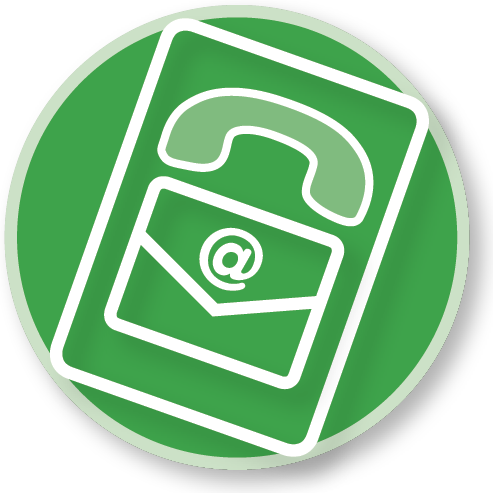 Need some help or advice?
Need some help or advice?
If you have questions or concerns, or if you did not find the information you were looking for, do not hesitate to get in touch with us. We are happy to help.
Call 01506 439291, or drop by our office on 44 Etive Walk, Craigshill, Livingston. Our opening hours are listed below.
For out of hours emergencies, please call 0141 225 2842.
